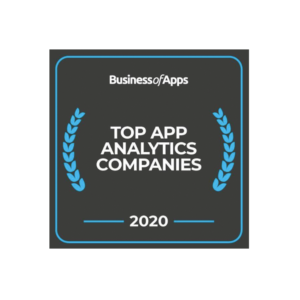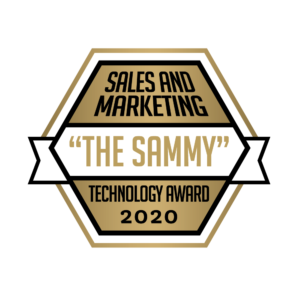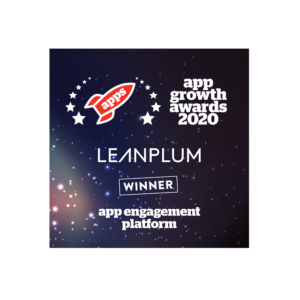Mobile App Marketing
Interested in Leanplum?
What Is Mobile App Marketing?
Mobile app marketing is a term used to describe the act of marketing to users through an app. From App Store Optimization to in-app messaging, the aim of mobile app marketing is to increase engagement both inside and outside of the app itself. This can be achieved in a number of ways. Typically the best mobile app marketers will employ a whole host of different digital strategies to nurture relationships and build engagement with their apps.
Mobile App Marketing vs Mobile Marketing
Mobile app marketing is the creation of marketing campaigns that effectively speak to your users at every stage of the customer journey; from when they initially downloaded your app through to when they became a brand advocate who makes multiple in-app purchases.
On the other hand, mobile marketing is a marketing activity that happens on a mobile device such as responsive web design, mobile-only displays, email marketing, and A/B testing on mobile checkout pages.
How Does Mobile App Marketing Work?
Mobile app marketing is a broad term that encompasses many different strategies which are designed with mobile users in mind. These strategies are integral for mobile engagement — that is, encouraging users to interact with the app once it’s been downloaded, whether through opening a notification or making that crucial conversion.
App teams can encourage user engagement through a number of mediums and strategies. Particularly effective mobile mediums include in-app messaging, push notifications, mobile email and text messaging. Strategies, meanwhile, can be put together after marketers have collected enough user data to enable them to make decisions.
Data is integral to the success of mobile app marketing campaigns, and that’s why mobile app marketers tend to keep an eye on a broad range of different metrics, which are then used to inspire and shape their campaigns. Often, data will be integrated with mobile app marketing management platforms, making it simple for marketers to automate mobile campaigns to get the best results for every individual app user.
For example, marketers can leverage personalization to appeal to each user’s individual taste and habits. Marketers can create profiles by using mobile analytics to gather customer data such as app downloads and notification open rates, as well as non-behavioral data such as location or time of engagement. App teams can then organize these profiles into segments in order to set up automation and send out personalized notifications.
Automation and personalization are two perfectly primed techniques to not only better engage customers, but also to save marketers time which can be invested into further testing. When used in harmony, automation and personalization can rapidly improve the results of mobile app marketing campaigns.
Testing is another great way to gather customer data and make further improvements to an app. For example, a marketer may want to look at user experience by conducting an A/B test. This means displaying two versions of the same app to a different audience, with one slight difference between the two variants.
To see how it works, we only need to look at something you’ll find in almost every app: a call to action button. The way that apps display these buttons is often the result of detailed testing and analysis.
Mobile app marketers will usually have tested several versions of the button, comparing different variants to see which ones appeal to their target audiences. Once testing has been carried out, marketers can easily measure which version is most successful, then push that same version out to their entire audience. By basing changes on measurable data such as this, marketers can implement the specific changes that will improve the success rates of their mobile apps, boosting both engagement and customer retention.
What Are the Mobile App Marketing Stages?
Mobile app marketing is all about interacting with your users at every stage of their lifecycle.
There are multiple stages in mobile app marketing but the simplified ones are:
- Acquisition
- Activation
- Retention
These stages aren’t necessarily linear and going back and forth between them is called the ‘mobile engagement loop’.
Who Does Mobile App Marketing Benefit?
Mobile app marketing benefits marketers who wish to move out of desktop-based business and target the ever-growing mobile industry. Mobile marketing can use an almost limitless set of tools to gather customer data, such as GPS tracking to alert customers to local sales or email campaigns that have been integrated with push notifications. By using one single platform, marketers can analyze, personalize, and automate their marketing. This helps to create a better user experience for the mobile user, which in turn benefits the marketer as app downloads and customer retention rates continue to soar.
Mobile app marketing is essential for remaining competitive in an increasingly connected world. It makes the most of modern technologies to enhance traditional marketing methods and bring about an entirely personalized experience. From data analytics to fluid messaging strategies, mobile app marketing is one marketing technique that should not be overlooked, now or in the future.
For a comprehensive guide on the best mobile app marketing strategies to win and retain your customers, check out Leanplum’s Mobile Strategies webinar.






